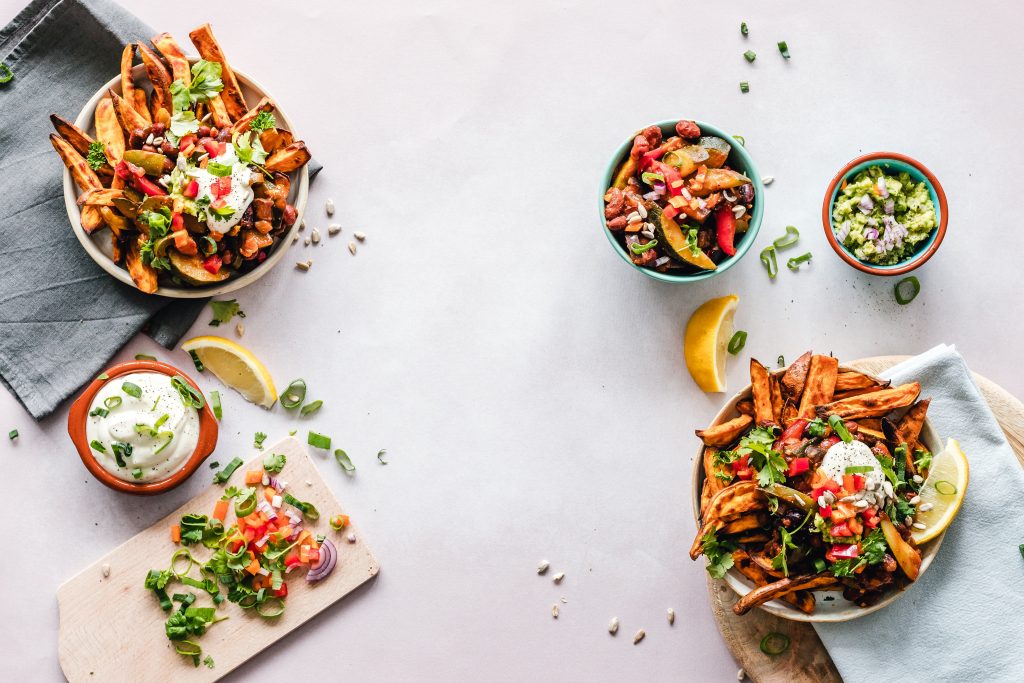
When you hear about vitamins, there are so many vitamins you could think of. But let us focus on a vitamin commonly found in carrots and its health benefits.
Indeed, carrots are high in Vitamin A, an essential micronutrient important for many physiological processes. It is a fat-soluble vitamin that also acts as an antioxidant. Our liver stores Vitamin A from the food until our body requires them.
What are the food rich in Vitamin A?

In the first place, Vitamin A can be obtained from both animal and plant sources. In animal sources, vitamin A is found as retinol, the ‘active’ form of vitamin A. Liver, especially fish liver, is a very good source of vitamin A. Other animal sources are egg yolk (not the white) and dairy products such as milk (including human breast milk), cheese and butter.
Plant sources contain vitamin A in the form of carotenoids which have to be converted during digestion into retinol before the body can use it. Plant sources of vitamin A include fruits like mangos, papayas and also vegetables such as kale, squashes, carrots and sweet potatoes.
Symptoms of vitamin A deficiency
If you have more than 5 of the symptoms below, consult a doctor or a physician to obtain your Vitamin A status.
- Dry eyes and lips
- Dry, scaly thickened skin
- Poor adaptation to darkness
- Dry hair
- Broken fingernails
- Severe itching of skin
Why is Vitamin A so special?
From your vision to your immune system, vitamin A is vital for many important processes in your body. For instance, here are 6 impressive health benefits of vitamin A:
1. If you are having a good vision under poor lighting condition, thank vitamin A.

Night blindness is the inability of the eye to adapt to reduced illumination which results in not being able to see at night or in dim light. This may happen due to underlying genetic cause or acquired conditions.
Regular consumption of vitamin A enhances night vision preventing you from night blindness. Retina in our eyes need Vitamin A to convert light into electrical signals that signals the brain. In fact, you will be delighted to know that vitamin A has a potential to reduce risks of age-related eye problems such as cataracts and macular degeneration.
2. It gives you youthful-looking skin.
Beta-carotene is a form of vitamin A that acts as an antioxidant protecting cells from free radical damage. It also plays a role in the growth and development of cells.

In addition, Vitamin A maintains healthy cells in the mucous membranes. Otherwise, the normal functions of the cells in the mucous membranes are impaired.
3. Keeps up with strong immune system.
The mucous barriers in your eyes, lungs and also guts which traps bacteria and other infectious agents are maintained by vitamin A. It is known as an anti-inflammation vitamin because of its role in enhancing immune function in the body.
However, vitamin A supplementation in excess can shut down the body’s trained immunity and induces infections. Thus it is advised to consume get vitamin A from your diet instead of from taking vitamin A supplements.
4. Assist in bone health

In general, calcium and vitamin D supports in bone health, but did you know that vitamin A plays a role in protecting your bone as well?
Vitamin A plays an essential role in the development of osteoblasts, the bone-building cells that lay down new bone. Above all, lacking in vitamin A also limits calcium absorption and metabolism, which can result in poor bone growth.
5. Promotes healthy growth and reproduction.

Previously, a study has proved that rat with vitamin A deficiency has poor development of sperm cells causing infertility. Likewise, the females experiencing vitamin A deficiency are susceptible to reduced egg quality and affecting egg implantation in the womb. Adequate amounts of vitamin A in the diet are essential especially for pregnant women for the complete development of the fetus.
How to preserve Vitamin A during cooking?
Vitamin A can provide so much of health benefits to us. Hence it is crucial to ensure they are not lost during cooking and processing of food.

Since Vitamin A is fat-soluble, our body can absorb them better when cooking the food rich in vitamin A with fats or oils such as olive oil, avocado, nuts, and seeds. Moreover, our body absorbs fat-soluble vitamins better in the presence of fat.
Kale, sweet potato, squash and carrots are certainly rich in Vitamin A.
Sautéing in a bit of healthy cooking oil, such as olive oil, is a great way to cook many vegetables. In that case, the next time you cook them, make sure to sauté them with a little olive oil.
References
- Cohut, M. (2018). Vitamin A supplements could harm bone health. [online] Medical News Today. Available at: https://www.medicalnewstoday.com/articles/323295.php [Accessed 12 Mar. 2019].
- Gilbert C. (2013). What is vitamin A and why do we need it?. Community eye health, 26(84), 65. https://www.ncbi.nlm.nih.gov/pmc/articles/PMC3936685/
- https://www.womansday.com/health-fitness/nutrition/g25895881/what-is-vitamin-a-good-for/
- Huang, Z., Liu, Y., Qi, G., Brand, D., & Zheng, S. G. (2018). Role of Vitamin A in the Immune System. Journal of clinical medicine, 7(9), 258. https://www.ncbi.nlm.nih.gov/pmc/articles/PMC6162863/
- Pinkaew, S., Wegmuller, R. and Hurrell, R. (2012). Vitamin A stability in triple fortified extruded, artificial rice grains containing iron, zinc and vitamin A. International Journal of Food Science & Technology, 47(10), pp.2212-2220.